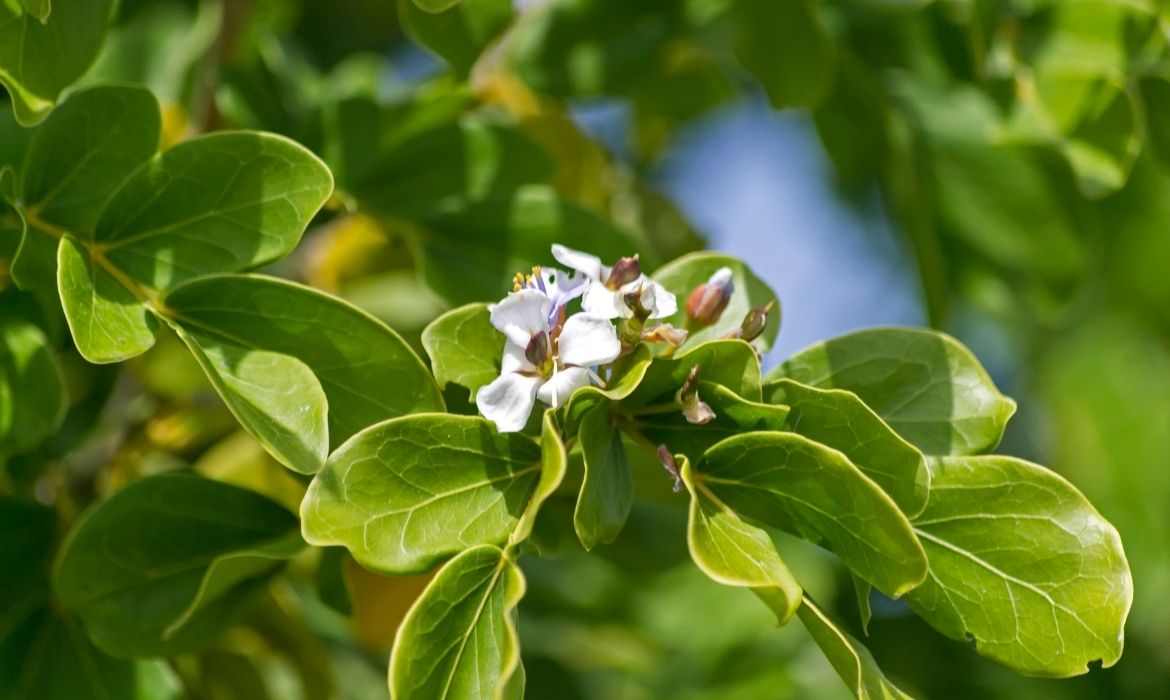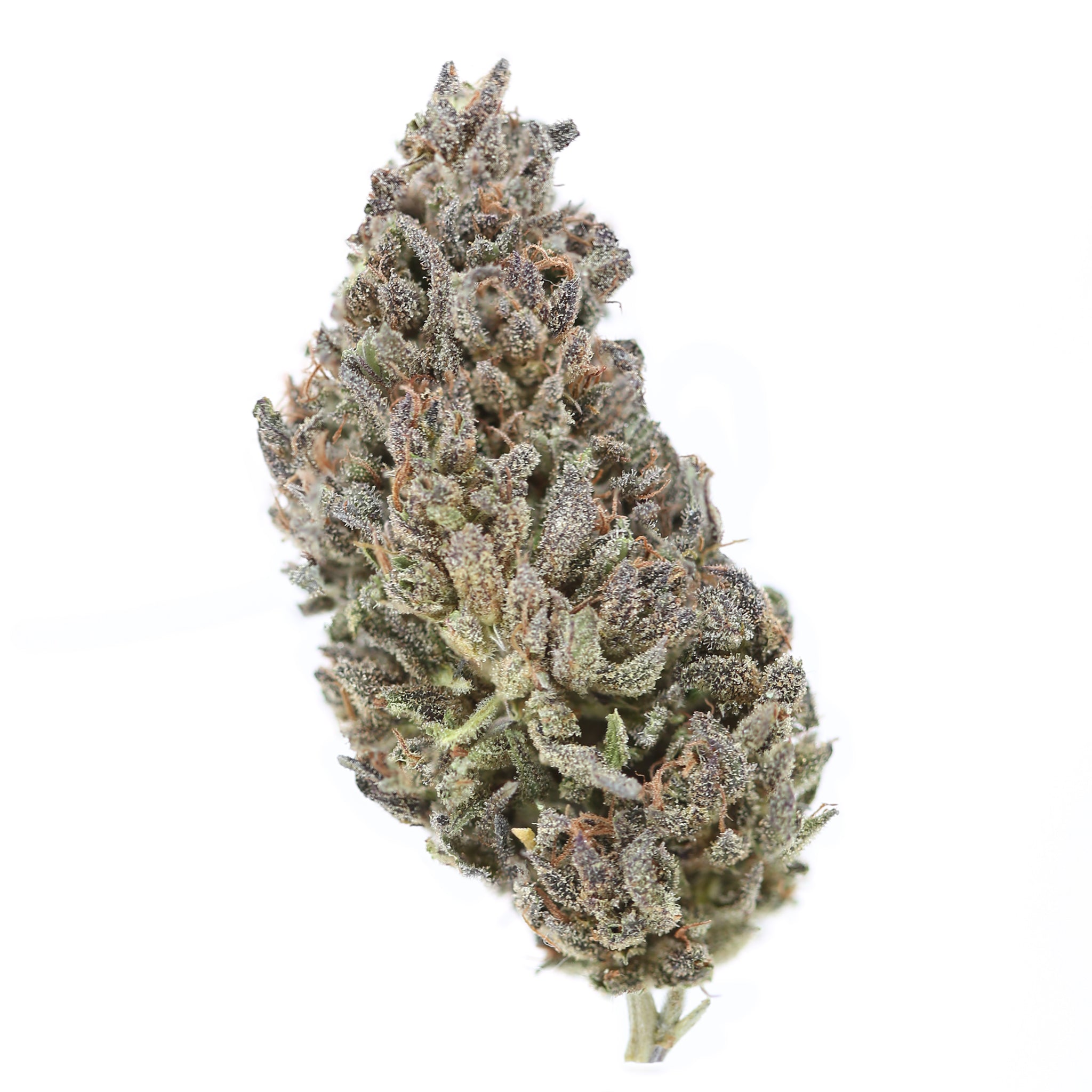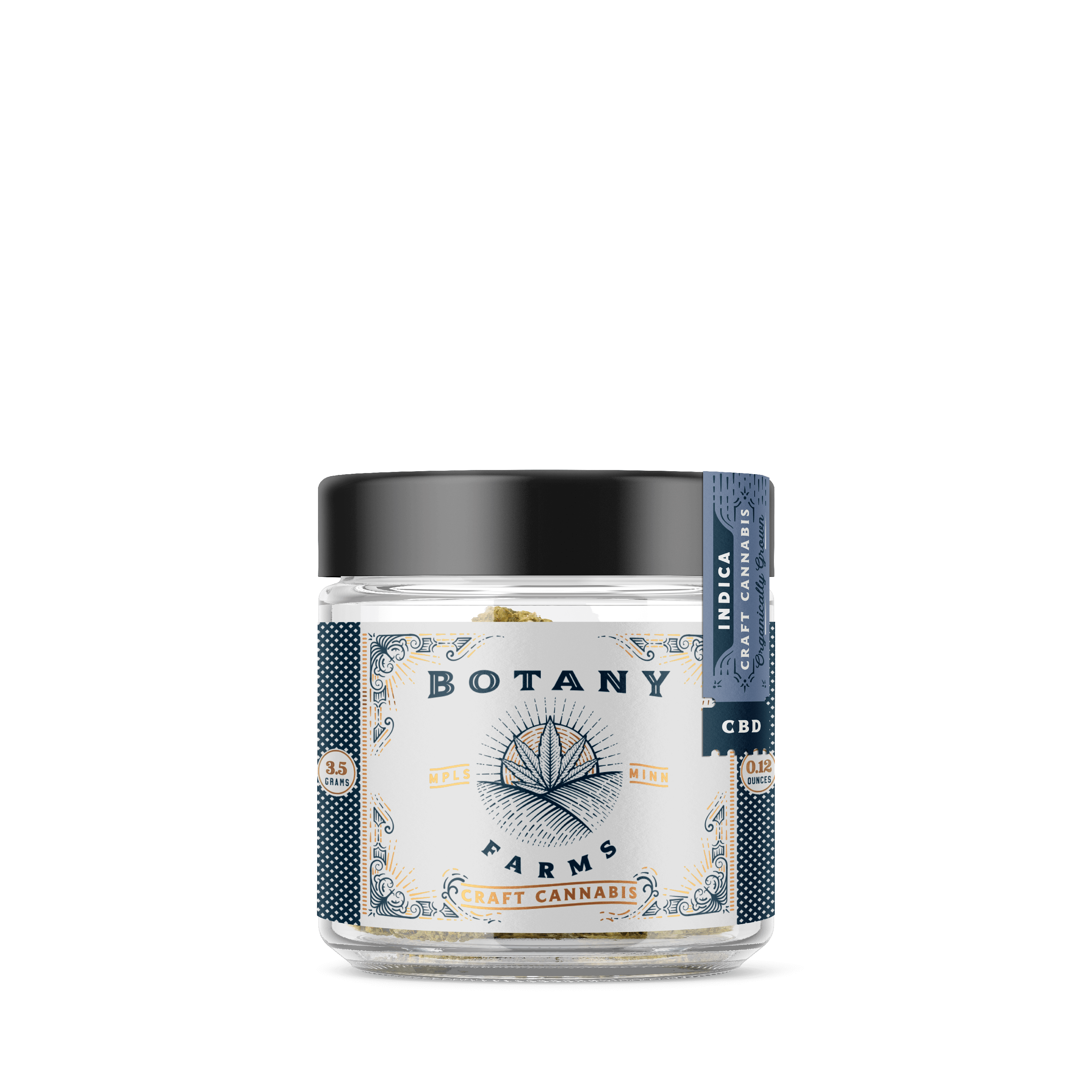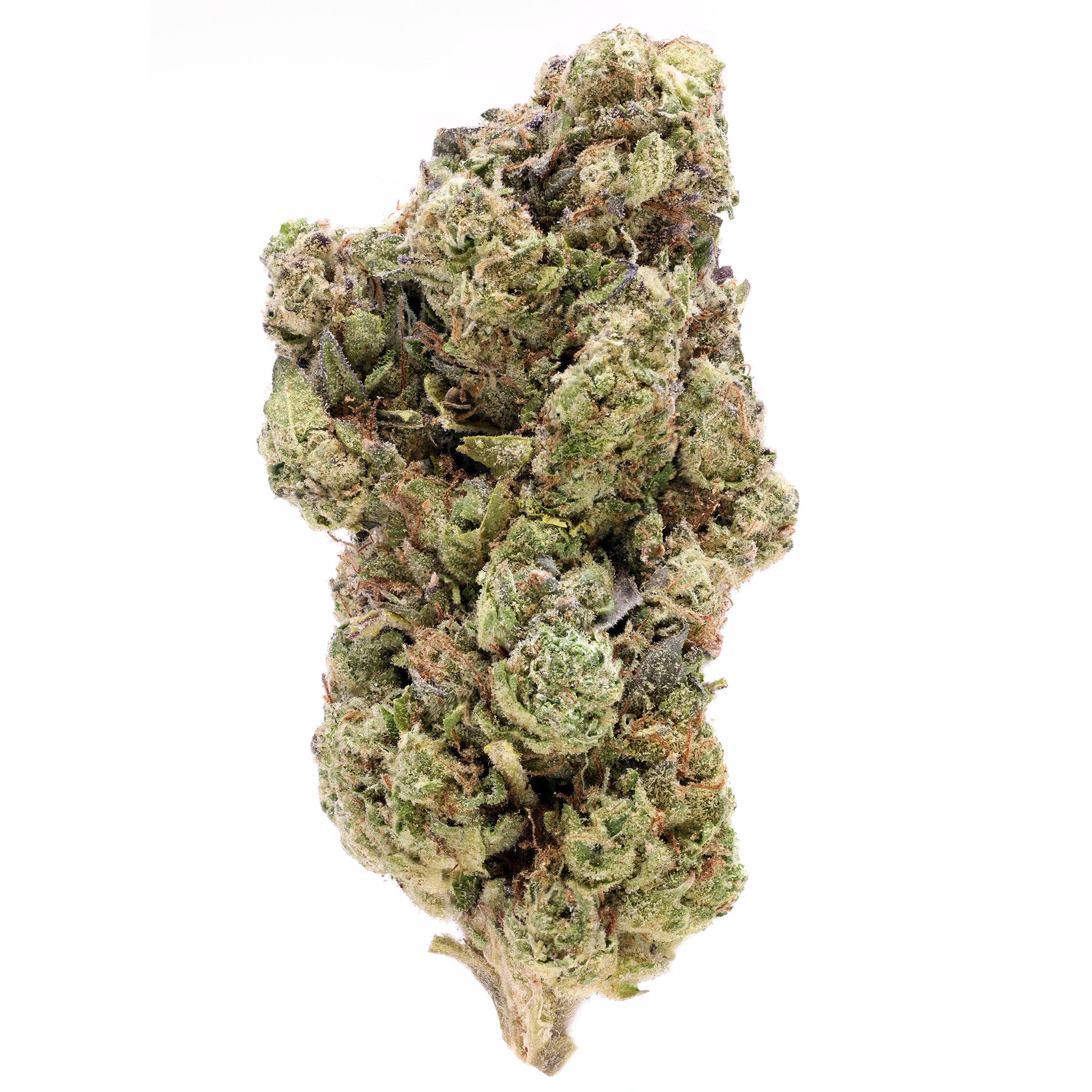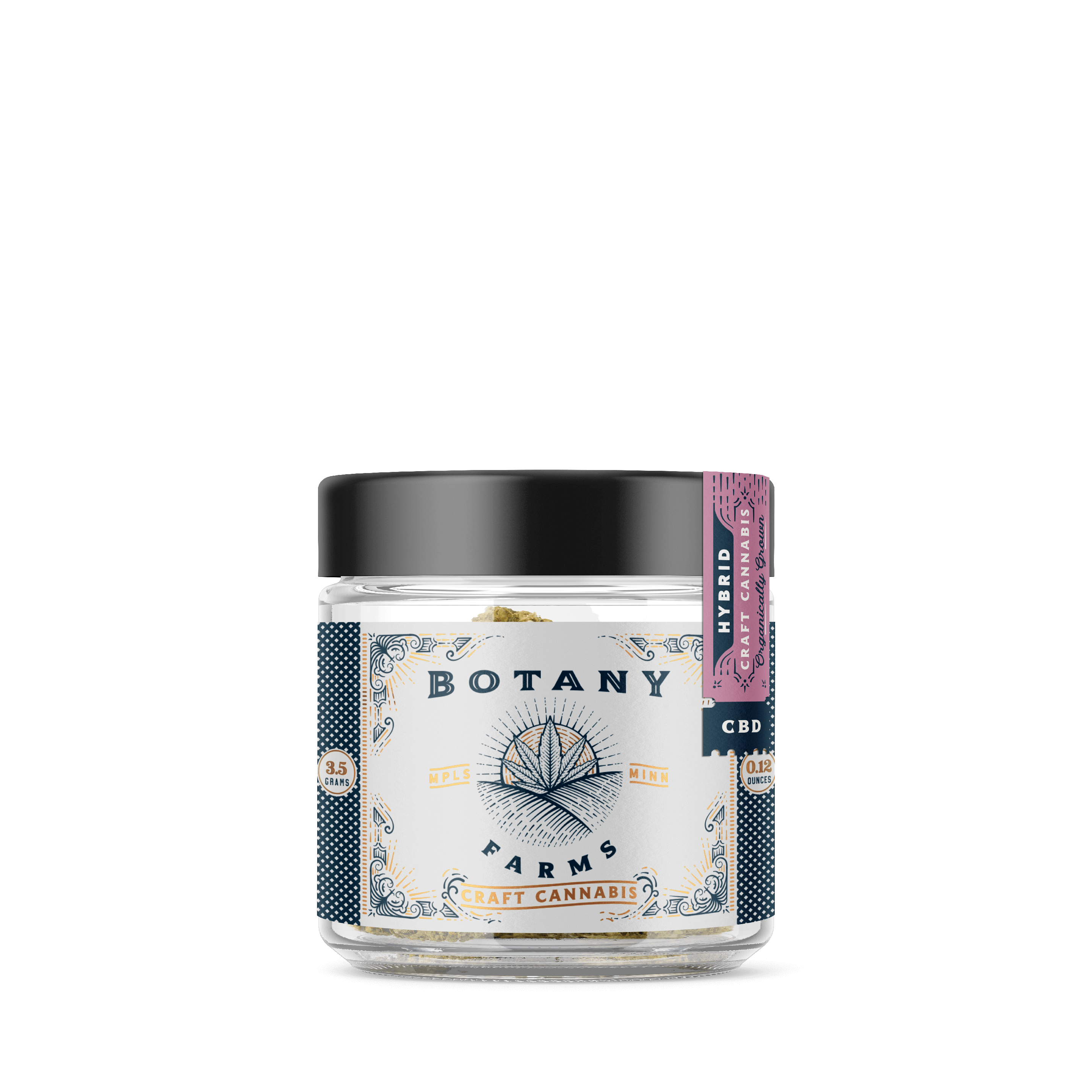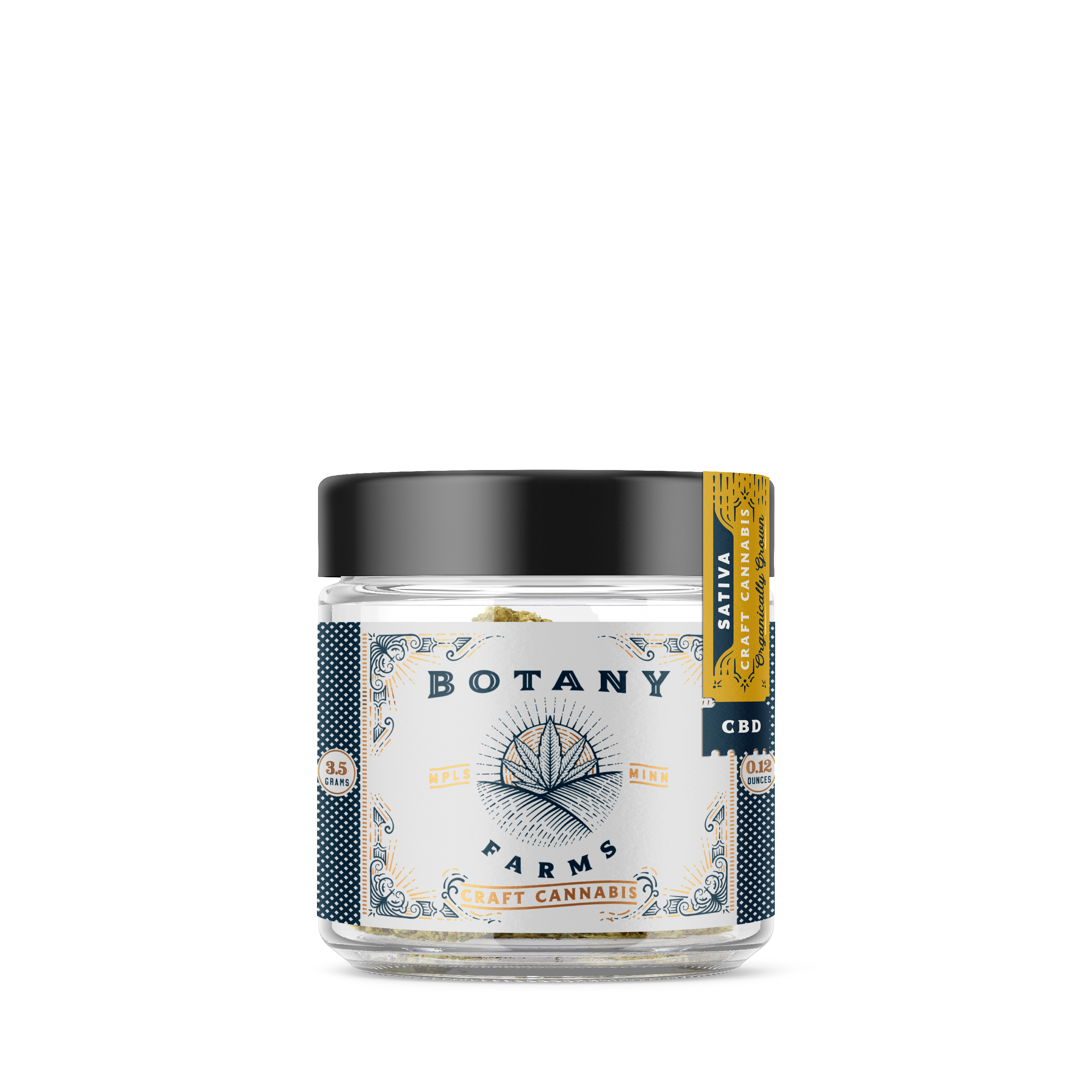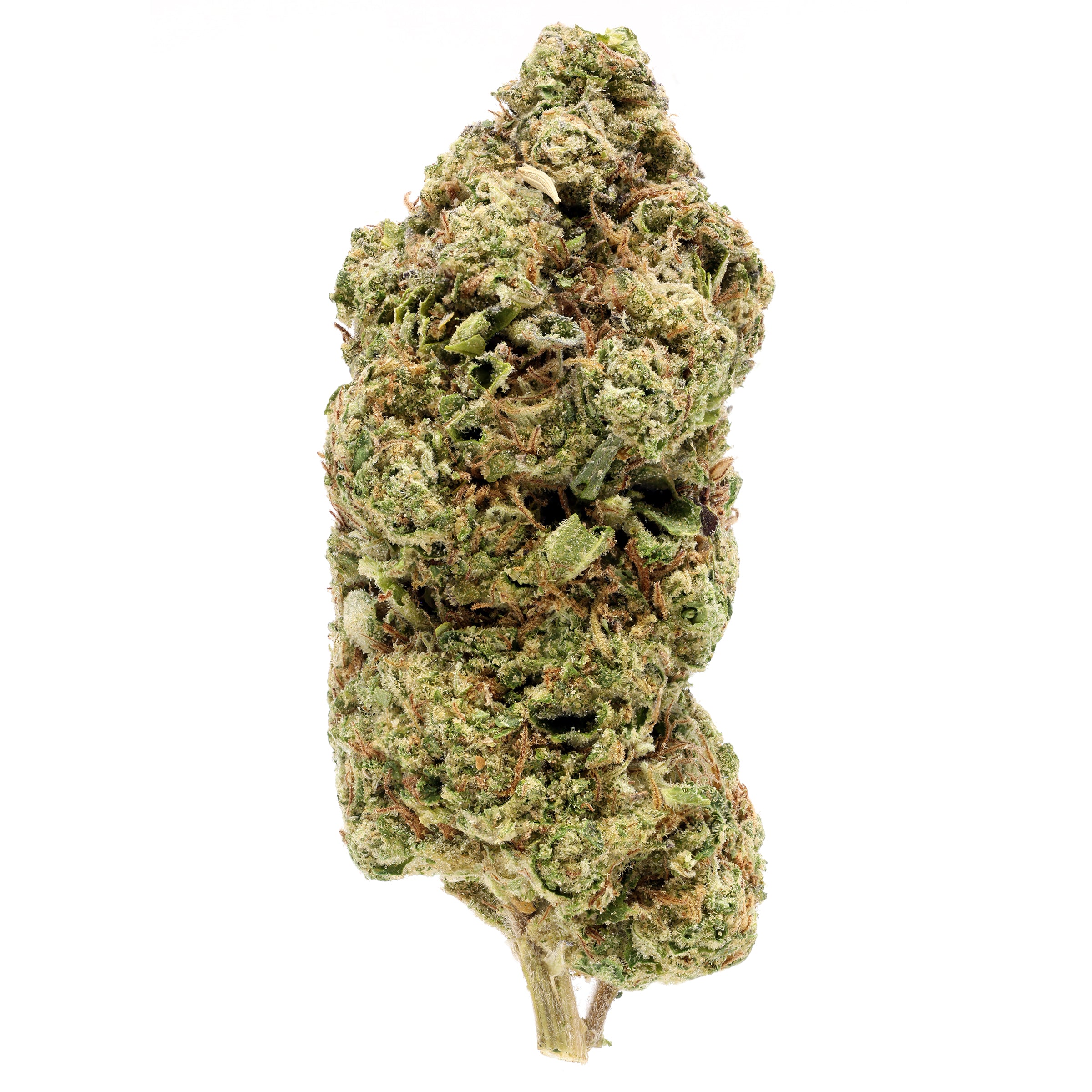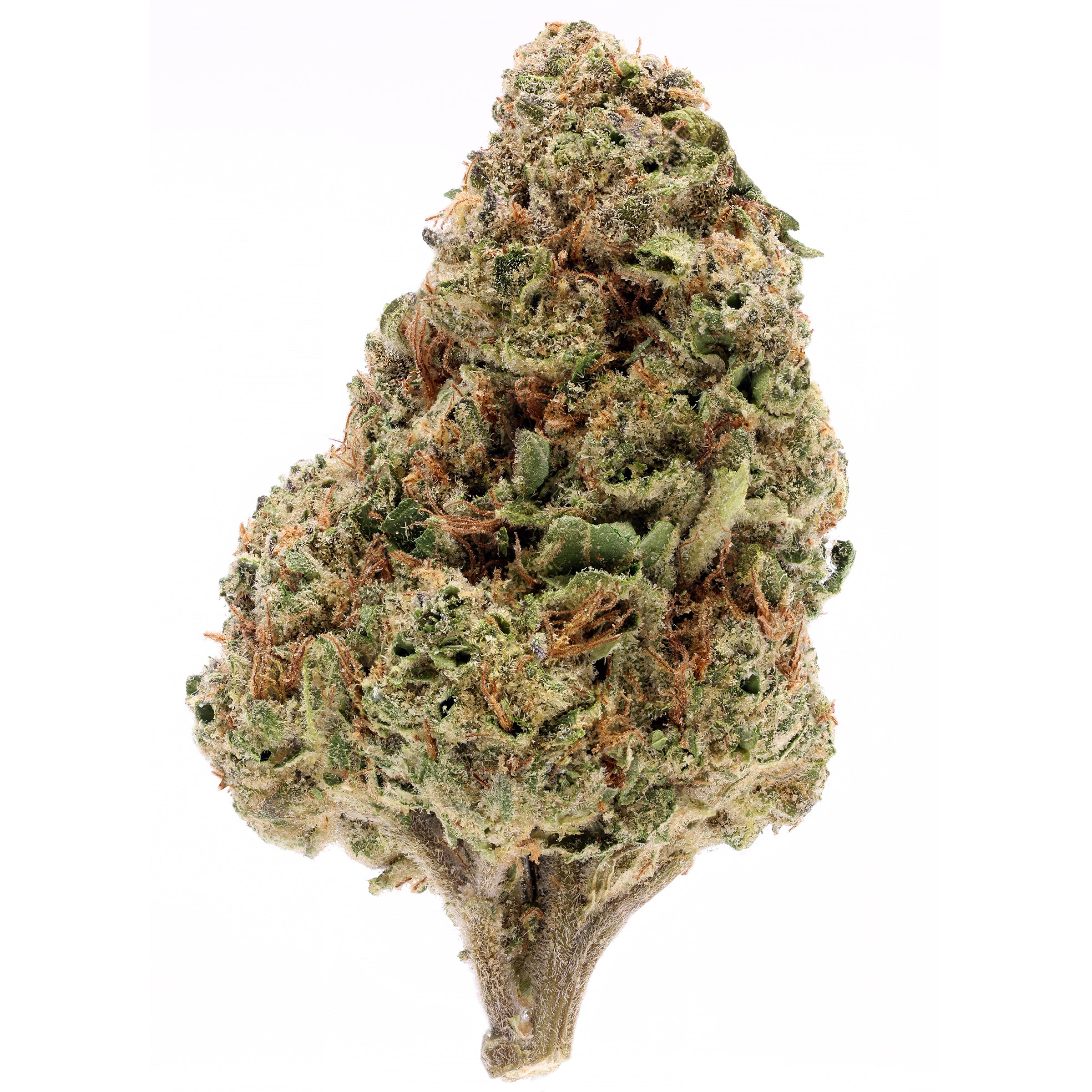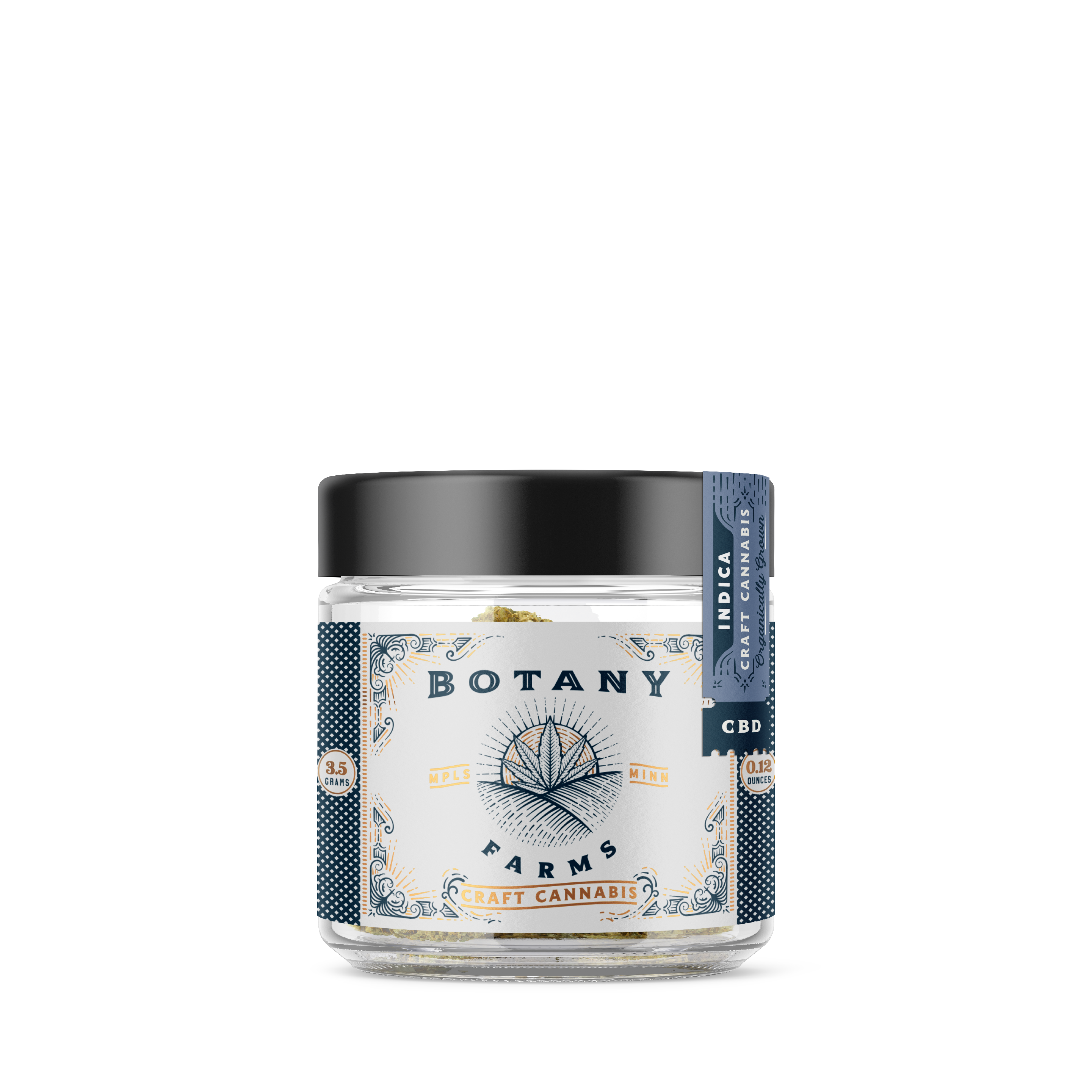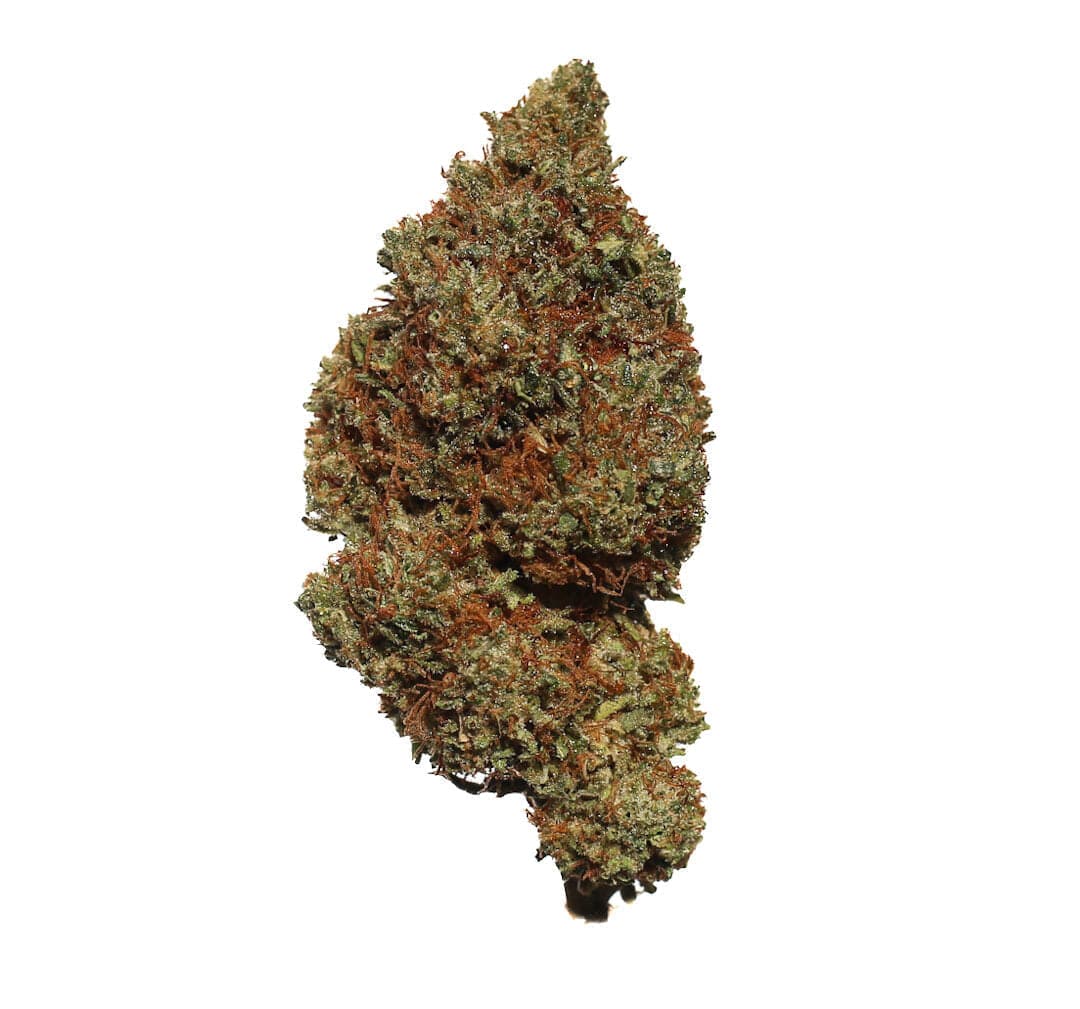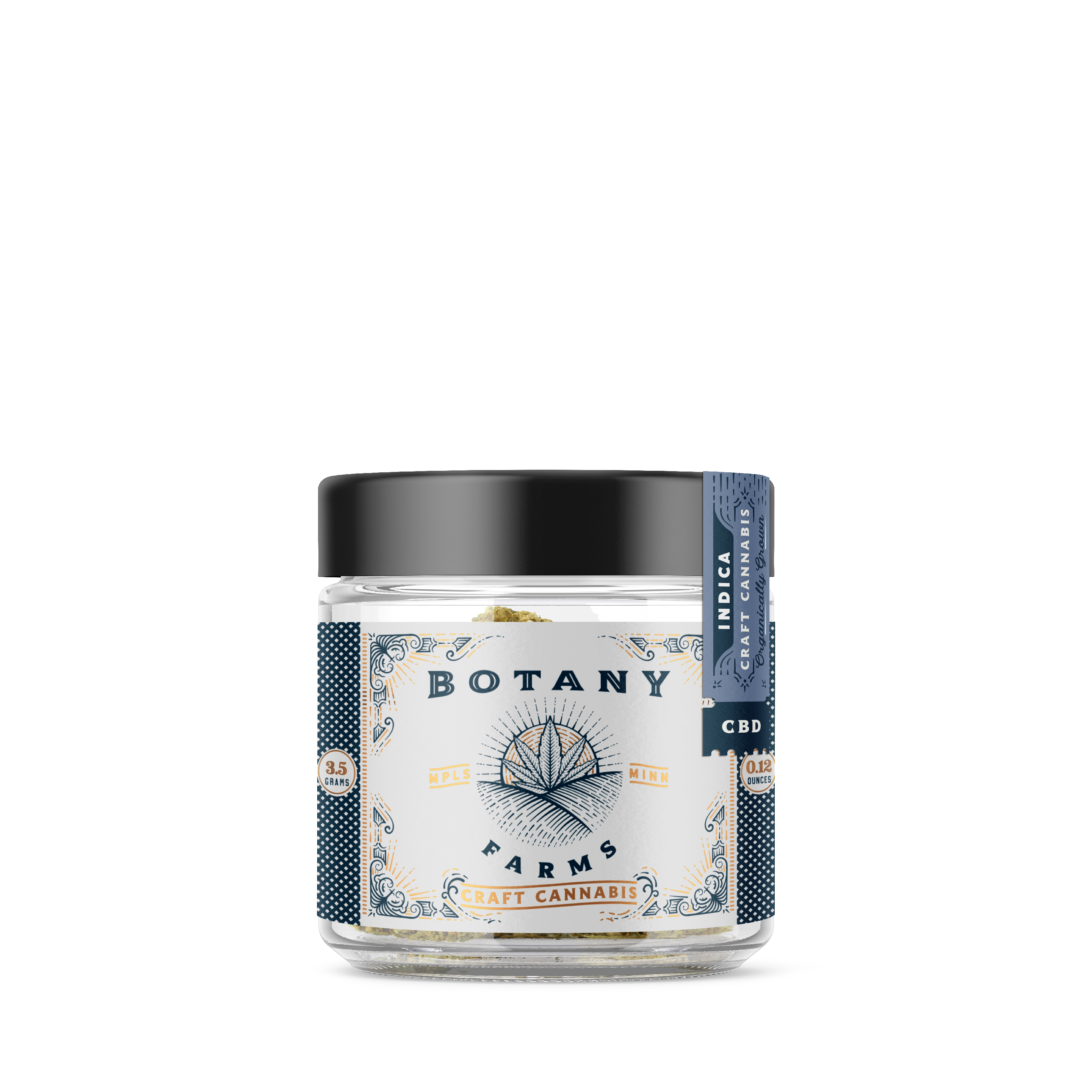If you have been following our articles about terpenes, you might have noticed by now that not only myrcene and limonene are the only ones present, as sometimes this can happen. This time we will talk in general about pretty much everyone's favourite delicious but unfortunately rare terpene, guaiol.
Key Takeaways
- Guaiol is a sesquiterpenoid alcohol primarily found in cypress pines and the tropical guaiacum plant. It has a notable piney aroma with rose-like undertones, which contributes to its usage in various applications for its scent.
- Guaiol interacts with the body’s endocannabinoid system (ECS), potentially enhancing the effects of cannabinoids like CBD and THC. This interaction could influence a range of physiological functions, including mood, pain management, and immune response.
- Guaiol is present in various cannabis strains where it enhances the medicinal properties of the plant, particularly in strains like Chocolope, Blue Kush, and ACDC, among others.
What is Guaiol?
Guaiol is a sesquiterpenoid alcohol, which, speaking about woods, can be described as a natural compound occurring in a large variety of plants. It is present in the oily timber of the tropical guaiacum, which is a tall evergreen plant native to the South American Caribbean and discovered by Spanish sailors after they made their conquest of San Domingo back in the 16th century.
Cypress pines also display this coniferous terpene. Like pinene, thanks to a piperidine ring, it also presents a piney aroma. Not-so-common terpenes such as this one are also present in cannabis, and, even though it is a bit on the “I do not want to hear about it” side of the story, it might present full-scale therapeutic benefits.
Guaiol’s structure is a liquid, and, as its boiling point in comparison with the average of most of the other terpenes is lower, to take its full advantage, it has to vaporise at a low temperature. See ya! We hope that by now you feel the trees thanking you for dropping! Feel free to buy yourself something from our garden.
Guaiol Terpene Effects
Although there is still a long road to understanding the effects of guaiol fully, researchers have found that this rare terpene has a wide range of beneficial effects on the health of the human body, like:- Boosting cannabis’ healing and therapeutic effects
- Anti-inflammatory effects
- Analgesic effects
- Anti-parasitic
- Anti-microbial
- Antioxidant
- Anticancer
- Insect repellant effects
How Does Guaiol Work in the Body?
Guaiol, a terpene in weed, binds to your body’s endocannabinoid system (ECS). The ECS is a wide web of ECS receptors, endocannabinoids, and corresponding enzymes that help regulate a host of physiological functions such as mood, pain, immune function, and more.
Entourage effect: Guaiol may contribute to the entourage effect, in which cannabis terpenes, cannabinoids, and other constituents work together synergistically to influence the effects of the cannabis plant overall. In this context, guaiol could modulate the effects of cannabinoids such as CBD and THC, potentially boosting the desirable pharmaceutical benefits of these molecules.
Interaction with ECS receptors: Some terpenes, such as guaiol, have been shown to interact with ECS receptors, notably the CB1 and CB2 cannabinoid receptors, but also other receptors in the body that influence a range of pathways that may contribute to its potential anxiolytic, anti-inflammatory, and pain-relieving effects.
Modulation of neurotransmitters: Guaiol could also act on the modulation of neurotransmitters (such as serotonin and dopamine) that are used by the brain to communicate. Guaiol could participate in the reported effects on mood and anxiety through such modulation of neurotransmitters.
Given its unique lipophilic structure and bioactivity, along with a lack of suitable substitutes or medical countermeasures if it were to become a drug of abuse, further research is needed to fully characterise just how guaiol functions within the body. Regardless, guaiol is the perfect embodiment of how cannabis and natural health products can produce novel, unequaled remedies.
Guaiol Aroma
Guaiol is responsible for the scents of many plants like nutmeg, tea tree, conifers, apples, cumin, and lilacs. It presents a refreshing piney and woody aroma with some undertones of rose in it. For this reason, guaiol is added to a large variety of foods and household items as an aromatic agent.
Guaiol Benefits
The wide range of effects guaiol can generate in the human body’s health can translate into real and potentially positive applications. Back in the past, Europeans used guaiacum in order to obtain guaiol to treat syphilis. Some people use this substance to treat coughs, congestion, gout, and P.M.S. To get a better understanding of the benefits guaiol effects can perform, let’s make a quick review on them.- Boost cannabis’ medical effects: We can say that guaiol plays a key role in how cannabis affects day-to-day functions in the human body. Guaiol can help people who suffer from joint pain or a fever by enhancing the anti-inflammatory effects of cannabis.
- Anti-inflammatory and analgesic benefits: A 2010 study done in vitro revealed that guaiol has anti-inflammatory qualities.
- Antibacterial and antioxidant: Guaiol has proven to be anti-microbial and anti-parasitic. It showed in vitro activity against Leishmania amazonensis. Further research demonstrated that guaiol could also fight Staphylococcus aureus. In a very similar in vitro experiment, researchers found this terpene to work as an antioxidant agent.
- Anticancer benefits: Some in vivo and in vitro experiments done on mice demonstrated that guaiol fights cancer cells by reducing tumors and strengthening chemotherapy’s effects.
What are the Potential Side Effects of Guaiol?
And although guaiol is full of seemingly positive benefits, some annoying side effects may also result from this terpene.
Anxiety: If you suffer from anxiety or simply want to avoid strains that may increase anxious feelings, you might want to try avoiding guaiol-rich cannabis. Studies have indicated that guaiol is most abundant in the strains with the least anxiolytic (anti-anxiety) effects and may therefore contribute to or accelerate feelings of anxiety in some individuals.
Blocking pain relief: Guaiol has anti-analgesic activity; in other words, guaiol may block the ability of CBD, other cannabinoids, and even typical pain medications to provide relief from pain. According to a 2018 study, guaiol was able to'reverse’ analgesia in lab animals, so if you’re looking for help with pain management (through cannabis or other treatment), you may want to be cautious around guaiol-rich products.
Guaiol, being a relatively rare terpene in cannabis as well as one existing in only small quantities, might be less likely to have pronounced or TOO noticeable side-effects. Of course, being much more susceptible to the effects of cannabis in general than most people, or having had unpleasant experiences with certain strains and cannabinoid profiles, also warrants paying attention to how guaiol content plays into your experience.
Guaiol Strains
Many people enjoy the woody, piney, and floral scent that guaiol adds to some cannabis strains’ smell profile. This, added to the many benefits it can offer, makes strains containing guaiol both delicious and medical. We have listed some cannabis strains that are rich in guaiol for you.
Guaiol-rich Cannabis Strains
- Chocolope
- Blue Kush
- ACDC
- Cinex
- Plushberry
- Pennywise
- Fruit Loops
- Jillybean
- Golden Pineapple
- Chernobyl
- Agent Orange
- Blackberry
- Kali Dog
- Sour Diesel
- White Widow
- Royal Gorilla
- Liberty Haze
What is Guaiol: Frequently Asked Questions?
What Is Guaiol Good For?
Guaiol is a member of the terpene family, an organic molecule that contains hydrocarbons. It is found in cannabis and two more common natural sources: cypress pine and the wood of guaiacum, a member of the same family of plants as cypress (Cupressaceae) that is native to the Caribbean and Central America. Guaiol has a piney, rose-like aroma. It is a natural product with potential medical properties; it is an anti-inflammatory, an antibacterial, and perhaps even an anticancer agent. It has traditionally been used for the treatment of arthritis and coughs because it’s considered an expectorant.
Does Guaiol Cause Anxiety?
We don’t have any evidence that guaiol is anxiety-causing; in fact, many terpenes, like guaiol, that are found in essential oils may be anxiolytic. Guaiol is also present in many plants and essential oils and is often commented upon as having potentially relaxing and calming properties, but individual responses can vary depending on a number of factors, including dose and odour sensitivity.
What Is the Chemical Formula for Guaiol?
Guaiol, represented by the formula C15H26O, is a sesquiterpenoid alcohol that is commonly found in solid form at room temperature and is known for its pleasant aroma, imparting scent and healing qualities to the plants it is extracted from.
References for this article:
- https://www.sciencedirect.com/topics/chemistry/guaiol
- https://www.ncbi.nlm.nih.gov/pmc/articles/PMC10209243/
- https://www.ncbi.nlm.nih.gov/pmc/articles/PMC5877694/
- https://journals.sagepub.com/doi/pdf/10.1177/1934578X1300801001
- https://pubmed.ncbi.nlm.nih.gov/20645723/
- https://www.ncbi.nlm.nih.gov/pmc/articles/PMC5101707/
- https://pubmed.ncbi.nlm.nih.gov/28134988/
- https://pubmed.ncbi.nlm.nih.gov/20860029/
- https://www.ncbi.nlm.nih.gov/pmc/articles/PMC5308748/







